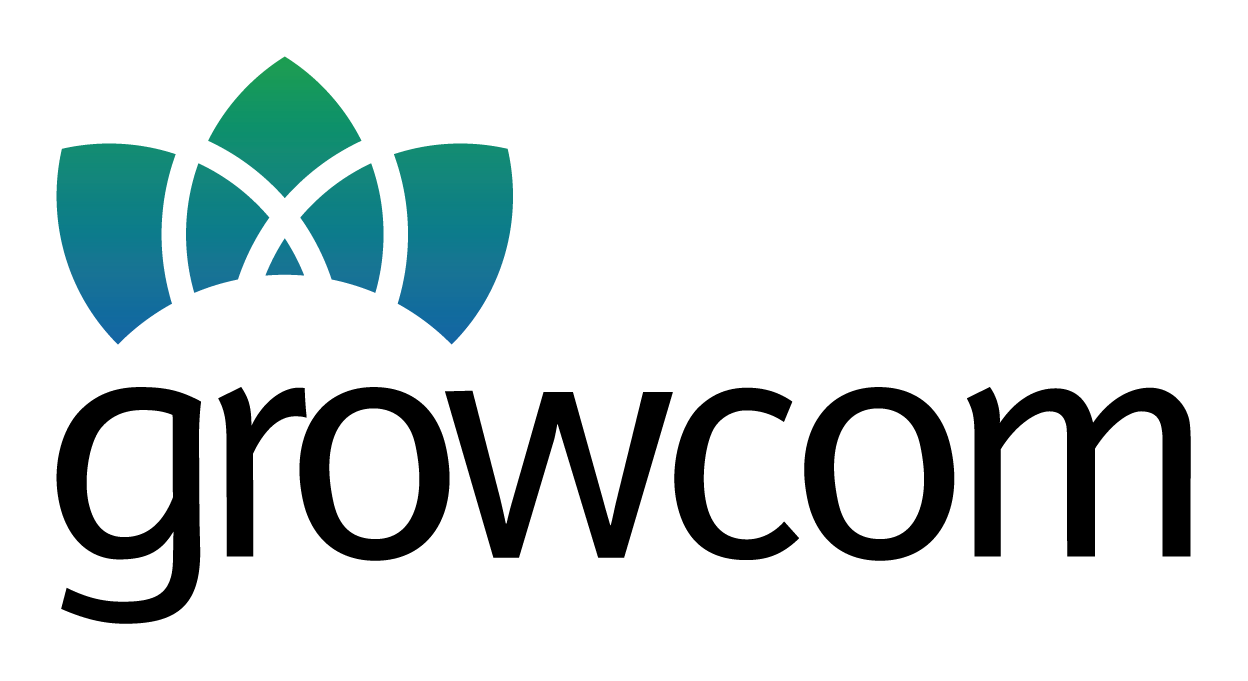Commodity in Focus: Vegetables
Australia’s vegetable industry is big business. In 2023 the nation’s vegetable industry was valued at $5.86 billion, with 3.6 million tonnes sold for domestic consumption and export supply.
One fifth of national vegetable production is grown in Queensland. Two of the state’s main vegetable growing regions are located in the Great Barrier Reef (GBR) catchment making stewardship for Reef water quality an increasingly important consideration for growers.
VEGETABLE INDUSTRY PROGRESS AND PARTICIPATION
The vegetable industry has been an active participant in Growcom’s Hort360 GBR program, benchmarking management practices to determine improvements needed to reduce impacts on Reef water quality.
Benchmarking with Hort360, the best management practice platform for horticulture, allows growers to assess current practices and identify changes required to operate at ‘best practice’.
Growers that are managing nutrient, sediment, irrigation and pesticide at ‘best practice’ may choose to become Reef Certified, a voluntary certification that demonstrates stewardship for Reef water quality.
Since 2018, 2,702 hectares of vegetable production has been benchmarked and Reef Certified through the Hort360 GBR program. The majority of participation has been from vegetable growers in the Burdekin (48%) and the Burnett (42%), followed by the Wet Tropics (5%) and Central Queensland (5%).
Benchmarking is a valuable tool for assessing the collective management practices of a particular crop, and identifying if management practices are at, above or below ‘best practice’.
The graph below demonstrates the average results for irrigation, nutrition, pesticide, and sediment benchmarked by all vegetable growers between 2018 and 2024. The hatched red line indicates industry best practice.
This data shows that in almost all regions, vegetable growers are managing their irrigation, nutrient, pesticide, and sediment practices to at least industry standard. It also shows that there is room for improvement in irrigation management in the Burnett, Central Queensland, and Burdekin, and both pesticide and sediment practices in Far North Queensland.
WHAT DOES ‘BEST PRACTICE’ LOOK LIKE IN VEGETABLE PRODUCTION
Practices that contribute to Reef water quality improvement and are considered industry standard include:
Cover crops planted between crop rotations, reducing fallow.
Grass cover (living or dead) in interrow, minimising bare earth.
Well-designed and maintained headlands, contours, and drains preventing loss of topsoil.
Vegetated buffers, gullies or drains to slow, capture and filter run-off before it reaches waterways.
Use of mulch or compost to increase soil organic carbon, soil moisture holding capacity and infiltration of irrigation/ rainfall.
Adoption of sensors and irrigation scheduling tools to inform irrigation decisions - when to irrigate and for how long.
Soil, leaf, and sap sampling to develop a nutrient budget, to minimise losses of fertiliser through leaching, runoff, or volatilisation.
Calibration of fertiliser and spray equipment to ensure the correct amount of nutrient and chemical is being delivered.
Use of hooded sprayers and other precision spray equipment to prevent drift.
Adoption of Integrated Pest Management (IPM) including the use of beneficial insects, frequent scouting, and monitoring, to prevent overuse and resistance of chemicals.
Incremental changes by an entire industry to adopt these practices can make a significant contribution to improving Reef water quality and demonstrates stewardship.
WHAT IS HORT360?
Hort360 is a best management practice (BMP) platform developed specifically for commercial horticulture growers to assess land management practices and identify actions to make improvements. It is a free resource for all commercial horticulture growers.
WHAT ARE THE BENEFITS OF PARTICIPATING IN THE HORT360 GBR PROGRAM?
Grower participation in the program is important as it demonstrates industry’s commitment to best management practices for nutrient, sediment, pesticide, and irrigation practices, and stewardship for Reef water quality.
To date, 177 individual properties encompassing 29,945 hectares, are Reef Certified. A total of 45,000 hectares has been benchmarked since the Hort360 GBR program commenced in 2018; this is more than half the area under horticulture production in the GBR catchment.
Benefits to participation for growers include:
An opportunity to evaluate practices and identify opportunities for improvement while also gaining an understanding of performance against others.
Ability to communicate to staff the farm values regarding commitment to best practice.
Demonstrate to government industry commitment to stewardship.
Promote to consumers and community values towards the environment, profitable sustainability and social values.
Recognition and assurance that practices meet and exceed the standards that contribute to improve local waterways and the water quality of Great Barrier Reef.
Hort360 Reef Certified businesses can also access:
A fully trademarked marketing kit, certificate, and farm gate sign.
Discounts on RapidAim products.
Free training and learning opportunities at workshops and field days run by Growcom.
Support for audit costs associated with Reef Certification
WHAT DOES WORKING WITH A GROWCOM HORT360 FACILITATOR LOOK LIKE?
Growcom currently has three Facilitators who can assist growers benchmark practices, make necessary improvements, and organise an independent audit. We tailor extension delivery to include as many growers as possible.
Our approach includes:
Group activities – field days, workshops, paddock walks
One-on-one farm visits
Growers-to-grower learning opportunities
Connecting growers with expertise and support
Supporting industry and government stakeholders.
To participate in the Hort360 GBR project jump online, www.growcom.com.au to locate your closest facilitator.

